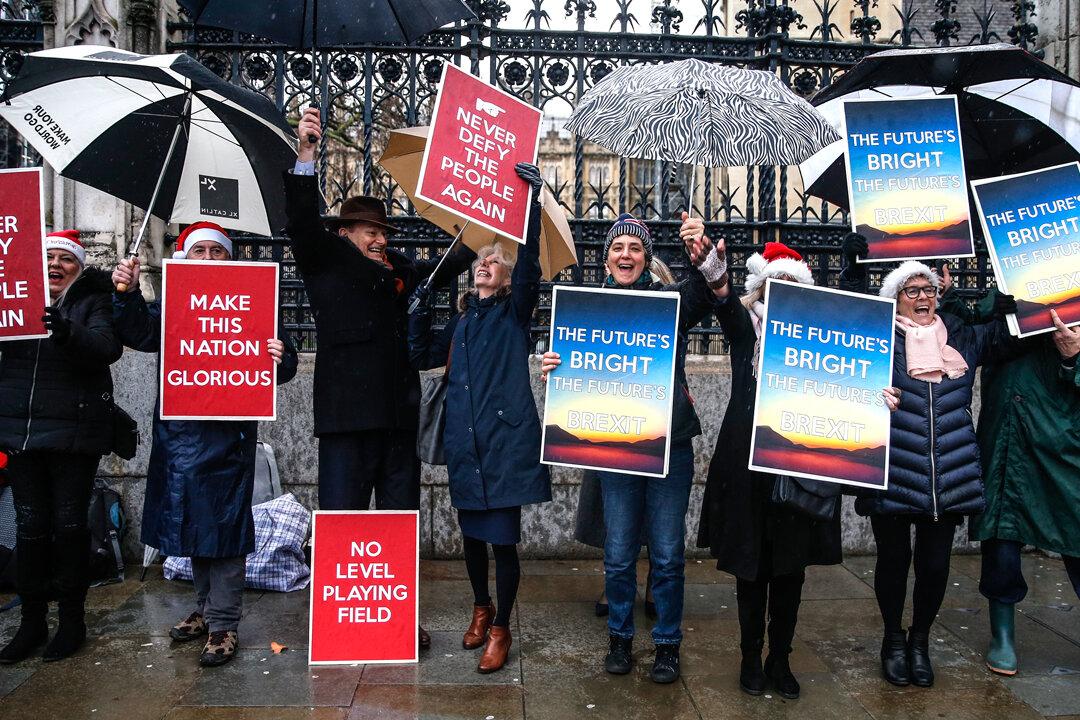Commentary
As we embark on a new decade, do we approach the 2020s with hope or with a sense of doom and gloom? As we look back on the past decade, do we see the best of times or the worst of times?

As we embark on a new decade, do we approach the 2020s with hope or with a sense of doom and gloom? As we look back on the past decade, do we see the best of times or the worst of times?